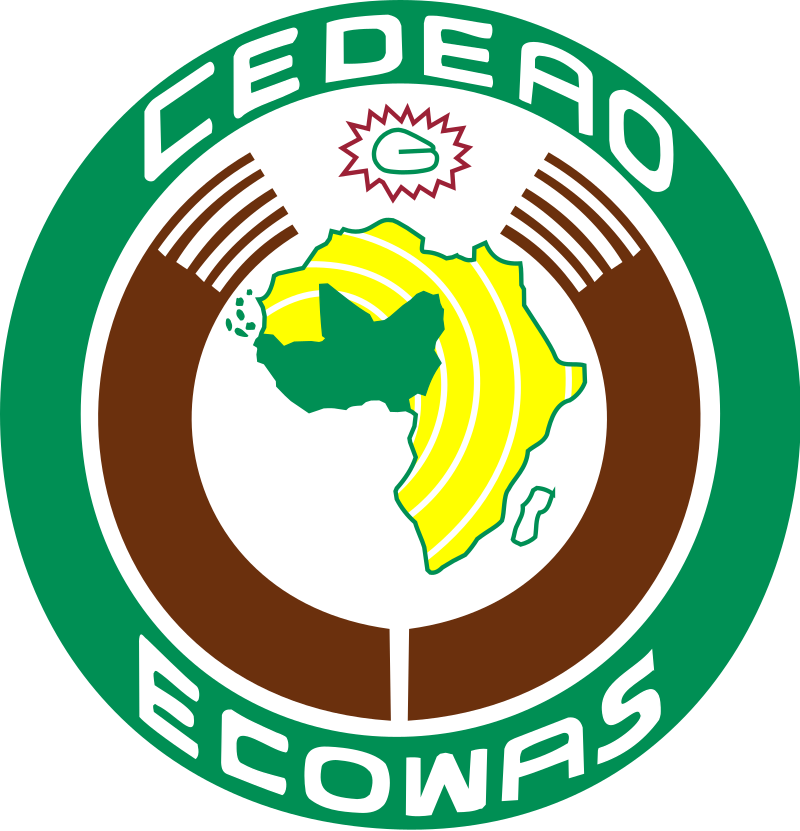Twist of Fate: Tinubu’s Contested Presidency in Nigeria Leads to Surprising ECOWAS Chairmanship
In a momentous announcement made at the 63rd Ordinary Session of the Authority of Heads of State and Government of the Economic Community of West African States (ECOWAS), President Bola Tinubu of Nigeria has been elected as the new Chairman of ECOWAS. With his appointment, President Tinubu assumes the responsibility of leading ECOWAS during a critical time marked by various challenges, including terrorism and military coups. In his inaugural address, President Tinubu stressed the significance of democracy and vowed to foster inclusivity while addressing these pressing issues. Let’s delve deeper into the implications of President Tinubu’s appointment and his vision for the future of ECOWAS.
The ECOWAS Chairmanship through the Years:
Before we explore President Tinubu’s agenda, let’s briefly recap the history of the ECOWAS Chairmanship. Over the years, this prestigious position has been held by influential leaders from member states who have played significant roles in shaping the region’s development. The list includes notable figures such as Yakubu Gowon, Olusegun Obasanjo, Muhammadu Buhari, and more recently, Nana Akufo-Addo. Each leader brought their unique perspective and priorities to the position, contributing to the overall progress of the organization and its member states.
President Tinubu’s Vision for ECOWAS:
President Tinubu’s election as the Chairman of ECOWAS is a testament to his leadership qualities and commitment to regional development. In his acceptance speech, he emphasized the core values of democracy and pledged to foster an inclusive administration. Recognizing the growing threat of terrorism and military coups in the region, President Tinubu underscored the urgent need for collective action to address these challenges effectively. He stressed the importance of strengthening ECOWAS’s existing security architecture and called for the harmonization of regional frameworks to combat insecurity comprehensively.
Defending Democracy and Combating Coup Attempts:
One of the key aspects President Tinubu highlighted in his address was the imperative of defending democracy and standing firm against coup attempts. He firmly asserted that democracy remains the best form of government and vowed to uphold its principles throughout his tenure. This commitment is especially crucial given the recent upsurge in military interventions across the region. President Tinubu’s dedication to safeguarding democratic processes and institutions is a positive step toward ensuring stability and progress in West Africa.
Enhancing Regional Security:
Recognizing the grave threat posed by terrorism, President Tinubu vowed to prioritize efforts to combat this menace. He expressed concern over the increasing frequency of terrorist attacks and called for a united front against these extremist groups. By emphasizing the need to bolster ECOWAS’s security architecture, President Tinubu intends to enhance intelligence sharing, coordination, and collaboration among member states. The effective implementation of regional frameworks will enable ECOWAS to respond swiftly and decisively to emerging security threats.
SEE TWEET
H.E. Bola Ahmed Tinubu, President of the Federal Republic of Nigeria and New Chairman of the Authority of ECOWAS Heads of State and Government pic.twitter.com/1jf9SCYOZ8
— Ecowas – Cedeao (@ecowas_cedeao) July 9, 2023
Conclusion:
As President Bola Tinubu assumes the Chairmanship of ECOWAS, he embarks on a journey that holds immense potential for the region. His commitment to democracy, inclusive leadership, and strong security measures are commendable. With his vast experience and leadership skills, President Tinubu is poised to guide ECOWAS toward greater regional integration, peace, and prosperity. As the challenges facing West Africa persist, the collective efforts of member states under President Tinubu’s guidance will undoubtedly pave the way for a brighter future in the region.
